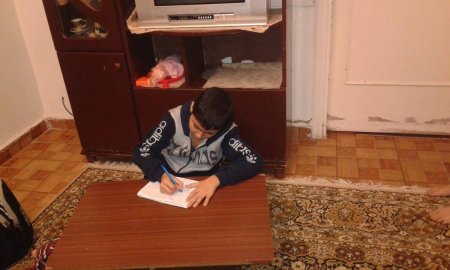
The social and economic crisis in Lebanon is turning into an education catastrophe, with vulnerable children facing a real risk of never returning to school, Save the Children has warned.
Since the pandemic, more than 1.2 million children in Lebanon have been out of school. Over the past COVID-19 year, Lebanese children have received an estimated maximum of 11 weeks of education, with an even lower number of weeks in schools for Syrian children. This is according to Save the Children’s new report, Lebanon Education in Crisis: Raising the Alarm.
Even before the pandemic, the report shows that rising inequality since the onset of the economic crisis in the country has led to a gap in access to quality learning among Lebanon’s poorer children. 55% of Lebanese families are now living in poverty, with even higher rates among Palestinian (70%) and Syrian refugees (90%). Poverty is a steep barrier to children’s access to an education, as many families cannot afford learning equipment or have to rely on children to provide an income.
Many children in Lebanon have been out of school since October 2019, when protests and civil unrest affected many parts of the country. The same year saw multiple teachers’ strikes over delayed salary payments, further disrupting learning. The learning crisis was further compounded by a currency collapse, and the Beirut port explosion and COVID-19 lockdown measures.
In order to access online classes, eleven-year-old Adam* relies on a smartphone which he shares with his two sisters, or has to go to his neighbour’s house to use their internet connection.
SOURCE: Save The Children







